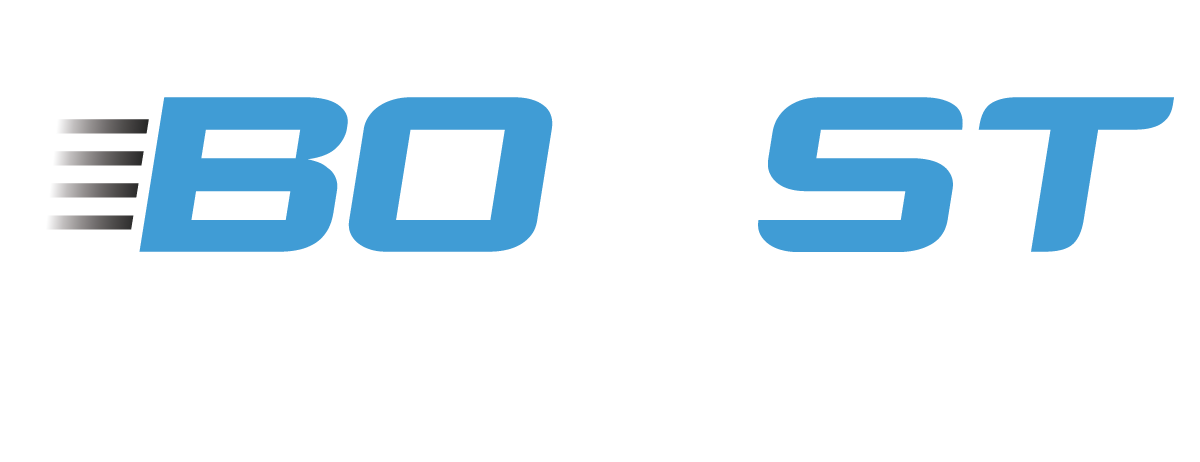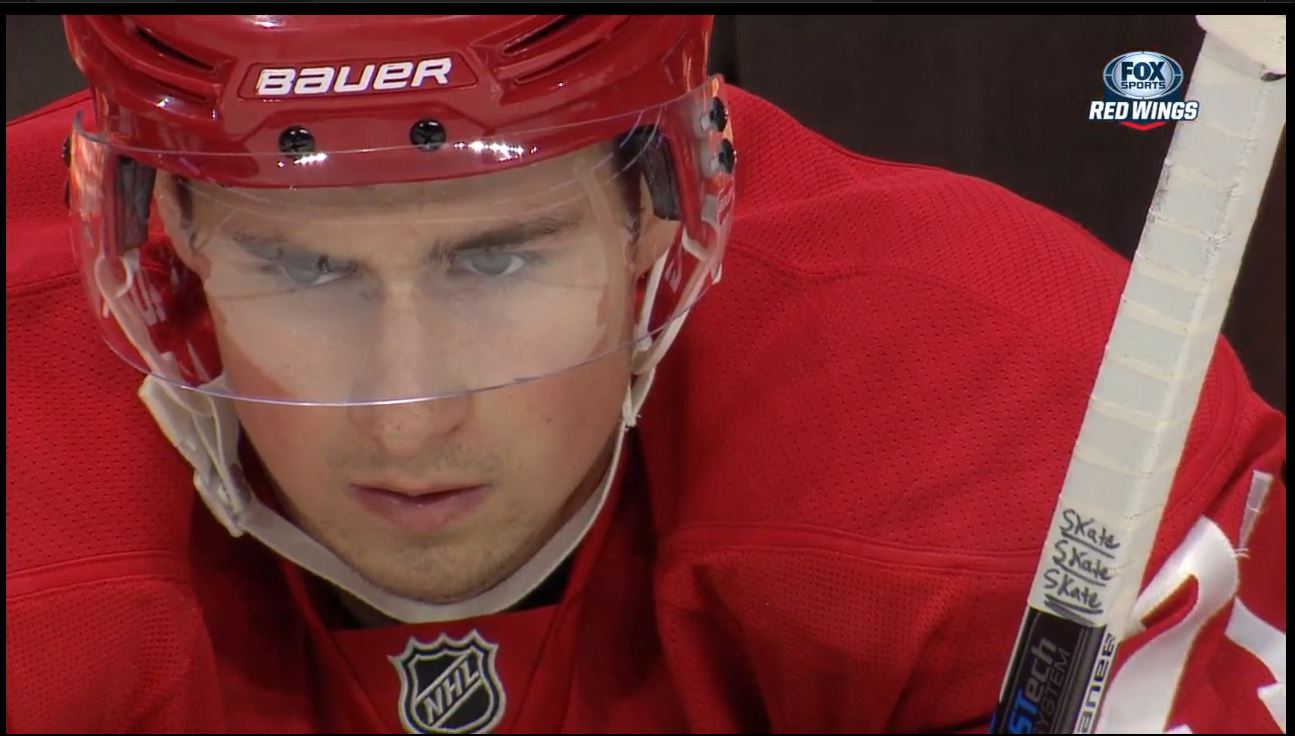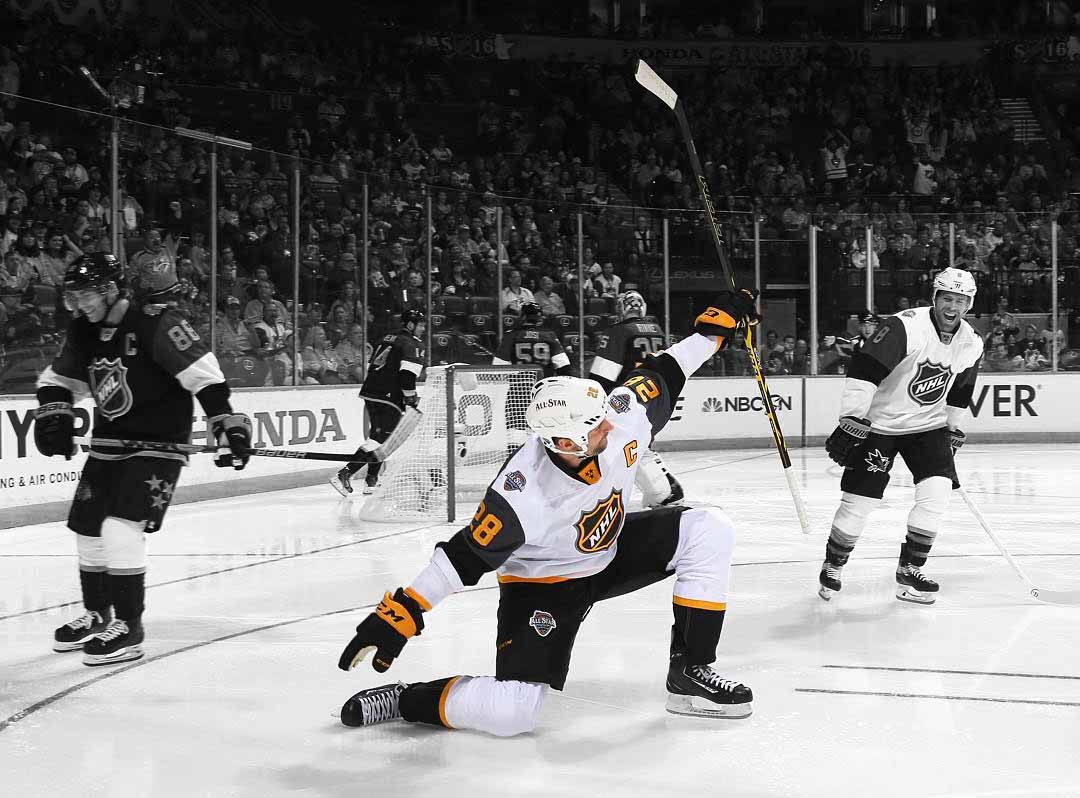Being a great teammate is an absolutely vital part of being a hockey player.
For all the coaches out there, I'm sure you've all stressed the importance of being a great teammate to your players.
But, how many of us can honestly say that we have an entire team of great teammates?
Sadly, probably not many of us.
With that being said, it is possible, and when it happens the results are amazing. In fact, I'm a big believer that having great teammates is often the deciding factor for the best teams. In other words, the teams that win championships are usually the teams that are filled with the best teammates. And, I'd even go as far to say that I believe this to be true even up through the highest levels of hockey.
For me as a coach, there are three things that I look for in a player that shows what kind of teammate they are.
I say shows because have you ever talked with a player who admitted they were a bad teammate? I've been around the game a long time as a player and coach and I'm yet to come across one... If you ask any player if they're a good teammate, they're all going to say that they are. So for me, the proof is in their actions.
1. Do They Block Shots?
Maybe not what most of you were expecting for the first thing that I look for as a coach, but it's true. Blocking shots is simply hockey courage. It's willing to sacrifice your body for the rest of the group. It's potentially putting yourself, and your body, at risk for the betterment of the other 19 guys on the team. To me, it's the ultimate way to show your teammates how much you care.
Besides scoring a goal, what do teams get most excited for on the bench during the game? A huge shot block. From a players perspective, it's a way to prove to your teammates that you're laying it all on the line. You'd be hard pressed to find a guy who's constantly sacrificing his body, day in and day out, that isn't highly respected by this teammates.
On the flip side, think of how you feel when a teammate flamingos a shot, or is intentionally just a little too slow to try and get out to block that shot from the point... As a player, we all start to question where the commitment to the team really is.
I can guarantee you this, the pain you feel from blocking a shot will never be as bad as the feeling of skating back to the bench after you had a chance to block a shot and didn't and the other team scored.
Part of being a great teammate is putting the team first, and one of the best ways to show that is to 'eat' a few pucks from time to time.
2. How Do You Celebrate On The Bench When A Teammate Scores?
As a coach, it's always one of the most interesting things to observe on the bench. How do guys on the bench react when your team scores?
Some of you might be surprised by this point, but if you've been around the game for a long time, and coached before, you know what I'm talking about.
It almost seems like a crazy notion because we all naturally think that if our team scores we all should be excited and celebrate. If only that was true...
Great teammates celebrate every goal for there team. And you can tell it's a genuine excitement for the team. Because let's be honest, if you're a great teammate then it doesn't matter who scores, as long as it's someone on your team.
Guys who aren't good teammates don't get excited for other guys when they're on the bench. They may give a subtle cheer, but usually their body language tells the real story. It's usually either a why wasn't that me or a if coach gave me that ice time I could score too... or it's something along the lines of man that was such a lucky play.
The reality is, if you're a great teammate you don't care if it's a dangle, a rebound garbage goal, or luck. You're just excited that your team found a way to get one home.
Once again, this is another one of those instances where body language tells a huge story. It's not only about saying the right things, but it's more about showing the right things.
3. How Do You Respond When A Teammate Makes A Mistake On The Ice?
What's your first response when you see your teammate turn the puck over?
Are you the teammate that instantly is saying "COME ON..."or "WHAT ARE YOU DOING?" Or, are you that teammate who is looking around at the rest of the guys saying "we're alright" or "we'll get it back"; or at the next whistle skating over to that teammate and giving him a tap on the shin pads and saying "we're good, shake it off"?
When you read it that way, it's pretty easy to decipher who's a good teammate and who isn't.
And now I'm sure that someone is going to comment or bring up the fact that some players only react the first way because they are competitive and care so much.
To me, that answer (or shall I say excuse) is crap. Just because you are competitive and like to win doesn't give you the right to be a bad teammate. In fact, if that's how you react you're only hurting your team, not helping.
If you're a good teammate, you realize that no one is perfect and mistakes happen. Hockey is a game built on mistakes. The team that can stick together through those mistakes, and pick each other up, is usually the team that will end up winning.
What do you think of that list? Do you agree, or disagree?
These are just three different, or unusual, things that I look at as a coach that helps me understand who's a good teammate and who isn't.
The other cool part to all three of these things (and that follows a trend we've been talking about in this blog) is that they take no talent to do.
I'll admit that blocking shots is definitely an art form, but the reality is that the biggest component to being great at blocking shots is simply having the hockey courage to throw your body in front of pucks and do whatever it takes for the team.
But the truth is that all three of these points are a choice. They're a choice for each player to make. And the thing that I like most is that they are instantaneous. They aren't just asking someone a question and giving them the opportunity to make sure they say the 'right thing'. But rather, they are a gut reaction. They show the true colors and character of the individual.
So after reading this, are you a great teammate?










